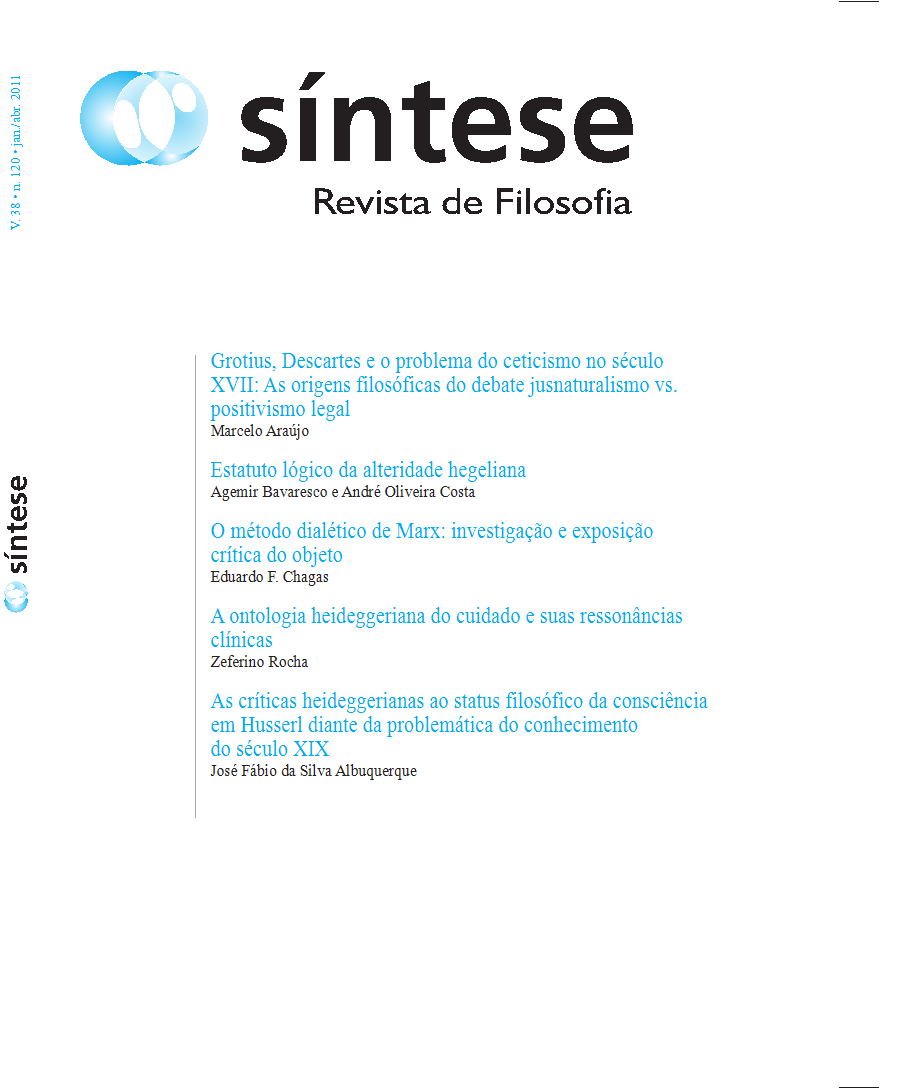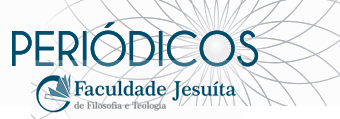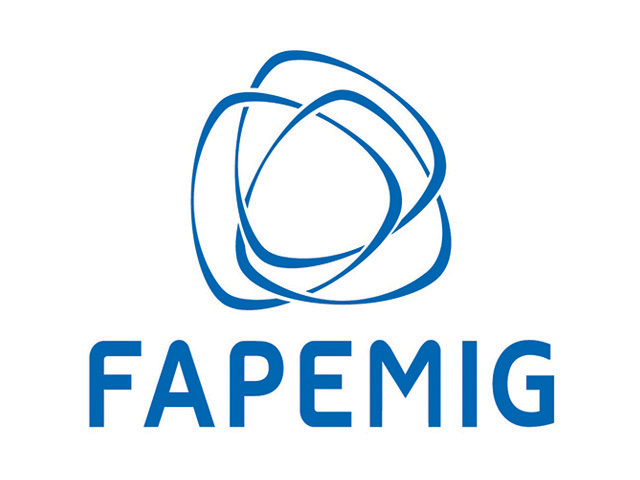O MÉTODO DIALÉTICO DE MARX: INVESTIGAÇÃO E EXPOSIÇÃO CRÍTICA DO OBJETO
DOI:
https://doi.org/10.20911/21769389v38n120p55-70/2011Palavras-chave:
O método de Marx, A dialética como Método, Método de Pesquisa e de Exposição em Marx.Resumo
O artigo mostra a trajetória do pensamento de Marx sob a perspectiva do método na sua determinação dupla, investigação e exposição, enquanto processo de apropriação e explicitação crítico-racional da imanência do próprio objeto pelo sujeito. O método dialético de Marx enquanto método de investigação e de exposição distingue, sem separar, esses dois momentos, pressupondo que o objeto só pode ser exposto depois de ser investigado, analisado, criticamente em suas determinações essenciais. Por isso, tal método constitui uma oposição ao positivismo acrítico, próprio da economia clássica moderna, que toma o objeto como uma imediatidade factual, dada, sem a mediação do pensamento, assumindo e ratificando a positividade do fato, e ao idealismo acrítico, típico da especulação e da dialética hegeliana, que tem o objeto como resultado de uma construção abstrata do pensamento que sintetiza tudo em si e se movimenta a partir de si mesmo, sendo, por isso, incapazes de realizar uma investigação sistemática da “lógica”, da “racionalidade”, imanente ao próprio real e uma exposição crítica desse real, reconstruindo, no plano ideal, a totalidade do movimento istemático do próprio real.
Abstract: The article presents the trajectory of Marx's thought under the perspective of the method in its double determination, i.e. research and exposition, seen as a process of appropriation and of critical rational explanation of the object's immanence by the subject. Marx's dialectical method, in its investigative and expositional nature, distinguishes these two moments without separating them, presupposing that the object can only be presented after being critically investigated, according to its essential determinations. Therefore, such a method is, on the one hand, opposed to acritical positivism, which is so characteristic of modern classical economics and takes the object as a factual immediate entity devoid of mediating thought, assuming and confirming the positivity of the fact, and, on the other hand, to acritical idealism, which is typical of Hegel's speculation and dialectic which takes the object as a result of an abstract construction of thought that synthethizes everything in itself and moves by its own means. These two kinds of explanation are therefore incapable of performing both a systematic investigation of the “logics” and “rationality”, immanent to reality itself, and a critical exposition of this reality, reconstructing in the ideal plan the totality of the systematic movement of reality itself.Â






























